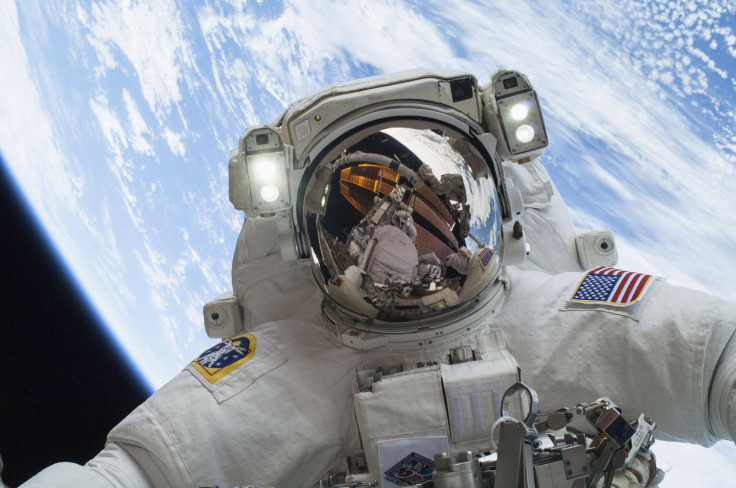Astronauts’ Hearts Change Shape In Space Which Could Have ‘Serious Consequences’ Back On Earth

Astronauts are well-oiled machines, rigorously trained to withstand the special conditions of space. But one chink in their armor is the effect that prolonged exposure to microgravity can have on their hearts. According to new research of astronauts’ cardiovascular health, all that floating around can cause their hearts to actually become more spherical in shape, an adaptation that can be dangerous once they return to Earth.
Researchers from the American College of Cardiology collected data from 12 astronauts before, during and after trips to the International Space Station. They fitted each astronaut with a portable ultrasound scanner and trained them to take images of their hearts during their missions. According to their study, the astronauts’ hearts became more spherical by a factor of 9.4 percent – close to what the mathematical models predicted.
"The heart doesn't work as hard in space, which can cause a loss of muscle mass," James Thomas, the Moore Chair of Cardiovascular Imaging and Lead Scientist for Ultrasound at NASA, and the lead author of the study, said in a statement. "That can have serious consequences after the return to Earth, so we're looking into whether there are measures that can be taken to prevent or counteract that loss."
Astronauts’ stints aboard the International Space Station usually last about six months. But next year, NASA space explorer Scott Kelly (twin brother of astronaut Mark Kelly and brother-in-law of Gabrielle Giffords) and Russia’s Mikhail Kornienko will depart Earth to spend a full year aboard the ISS. Researchers say exercise routines are extremely important in guaranteeing the longevity of astronauts’ cardiovascular health.
Fortunately, the rounding of the heart seemed to be only temporary. All the astronauts’ hearts returned to normal size shortly after returning to Earth.
The results of the study were presented at the American College of Cardiology’s annual session on Tuesday.
© Copyright IBTimes 2025. All rights reserved.






















